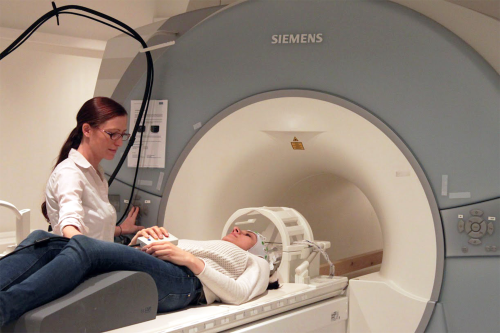Mapping the consequences of our decisions in the brainScientists at the University of Glasgow have s
Mapping the consequences of our decisions in the brainScientists at the University of Glasgow have shed light on how our brain helps us to make decisions.Imagine picking wild berries in a forest, when suddenly a swarm of bees flies out from behind a bush. In a split second, your motor system has already reacted to flee the swarm. This is the automatic response - acting before thinking - which helps you to avoid impending doom.At the same time a separate, more thought-out process of learning happens to avoid reckless berry picking in the future. To understand the way this happens, Dr Philiastides’ team at Glasgow have developed a new way to study brain activity in real-time.This method involves using two pieces of equipment simultaneously: an EEG machine which records when brain activity took place and a functional MRI scan to reveal where it occurred.To successfully record from both pieces of equipment at the same time, the team were able to remove the ‘noise’ introduced by the MR scanner on the EEG - a shortcoming that previously made this problematic. The team hope that this pioneering technique will offer neurological insights into mental disorders associated with decision making such as obsessive-compulsive disorder and post-traumatic stress disorder. Read moreImage credits: Dr Marios Philiastides, University of Glasgow -- source link
Tumblr Blog : bbsrc.tumblr.com
#neuroscience#neurology#brainscience#bioscience#health#mental illness#science

